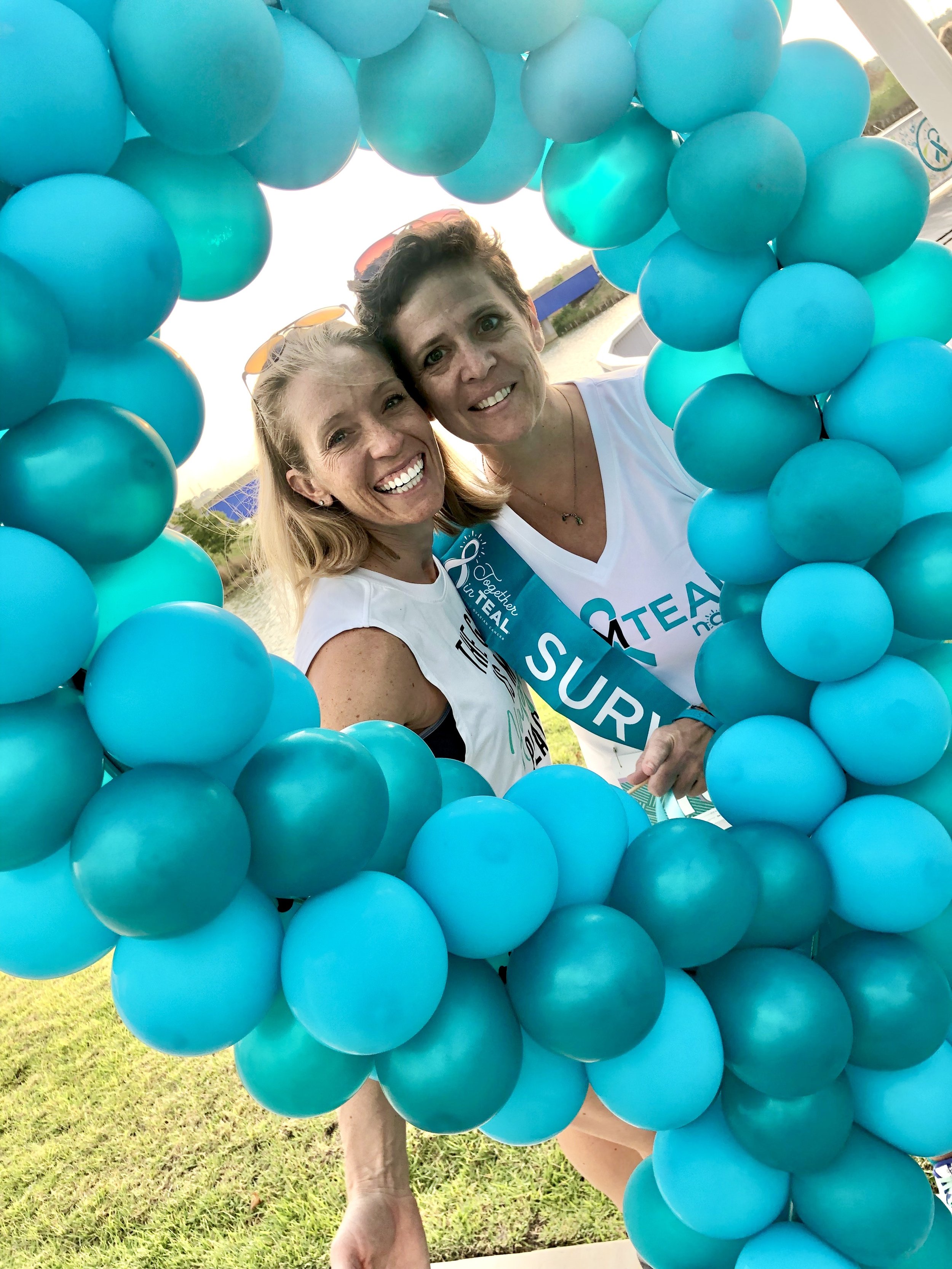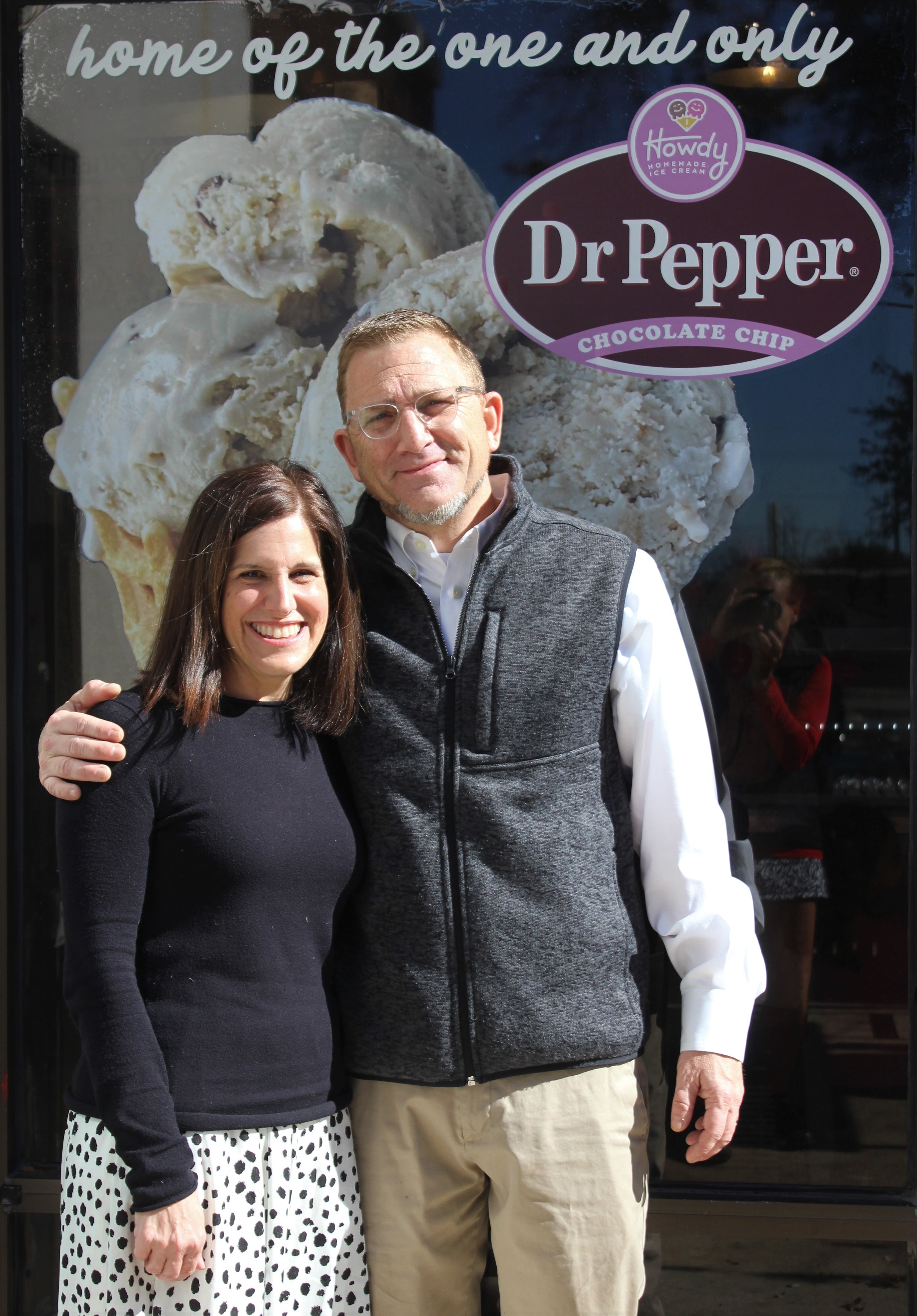Story by Kira Woodfield Leeper. Photos by Kirsten Chilstrom.
Across Dallas’ Juvenile Detention facilities the most common life experience adjudicated youth share is poverty. They face many challenges towards building a stable future after serving time for mistakes made while they were young. Imagine spending several of your most vulnerable and formative years incarcerated. Once released youth face perhaps their greatest challenge yet.
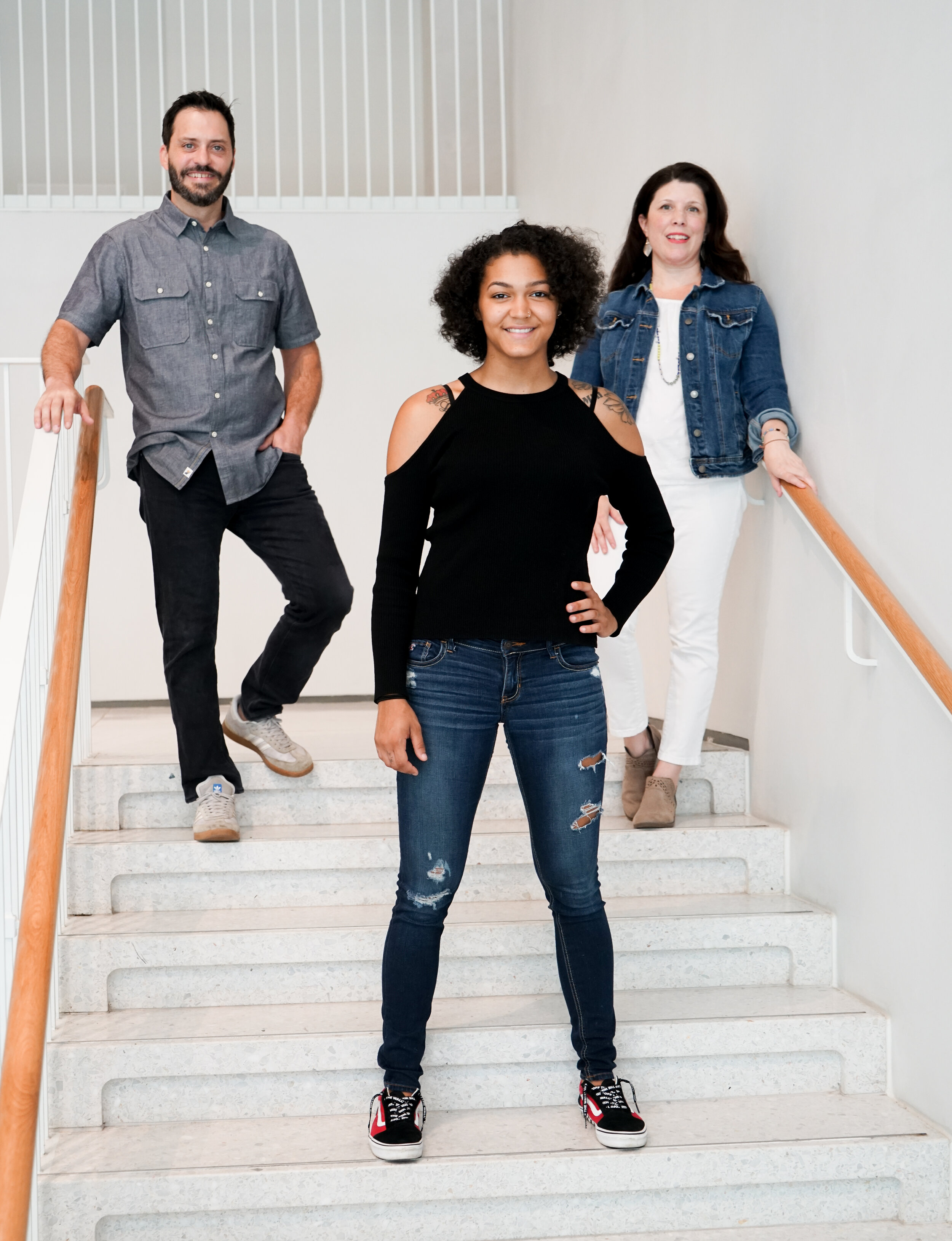
Chris Quadri, Michelle Jones, and Justice, a former Youth With Faces student and current volunteer.
Chris Quadri knows better than anyone the challenges these teenagers and young adults are up against. For Chris, the work of reintegration support is personal. Having been a part of the system himself Chris knows firsthand the many hurdles that stand in the way after release. “At 18, I was arrested for a series of terrible decisions and crimes over the course of two weeks, for which I was sent to the Texas Department of Criminal Justice.” Chris says. “I was released when I was 26 years old.” Chris’ story was full of familial and community support as he rebuilt his life after release from incarceration. He worked preparing for life after release while incarcerated. With the support of his network he went to work in a leadership position for a newly founded nonprofit, Prison Entrepreneurship Program (PEP), upon release. There he helped build it from a small startup operation to a million-dollar organization over five years. When reflecting on his own success straight out of prison, Chris says “Having that purpose in my life was a big factor in my success. My commitment to working with individuals affected by incarceration solidified during that time.” While working at PEP he served on the boards of several nonprofits, including the board of Youth With Faces. The more he worked with the Youth With Faces team the more his passion for helping youth in the criminal justice system grew. Chris relates “I wanted to work with teens who, like me, were looking for themselves and needed an opportunity to change their lives.”
Unlike Chris, most teens aren’t as lucky and lack the network to be successful when they step into their new life. Youth With Faces began initially through a group of juvenile department volunteers out of an apparent need to better support youth as they integrated back into their communities. After serving as a board member with Youth With Faces Chris became a full-time staff member and then CEO as the programs grew. Michelle Jones joined the organization in 2019 bringing with her a wealth of knowledge and experience from her public relations career. Together with an army of community partners and volunteers, they impact approximately 300 juveniles annually through their reintegration programs and campus events.
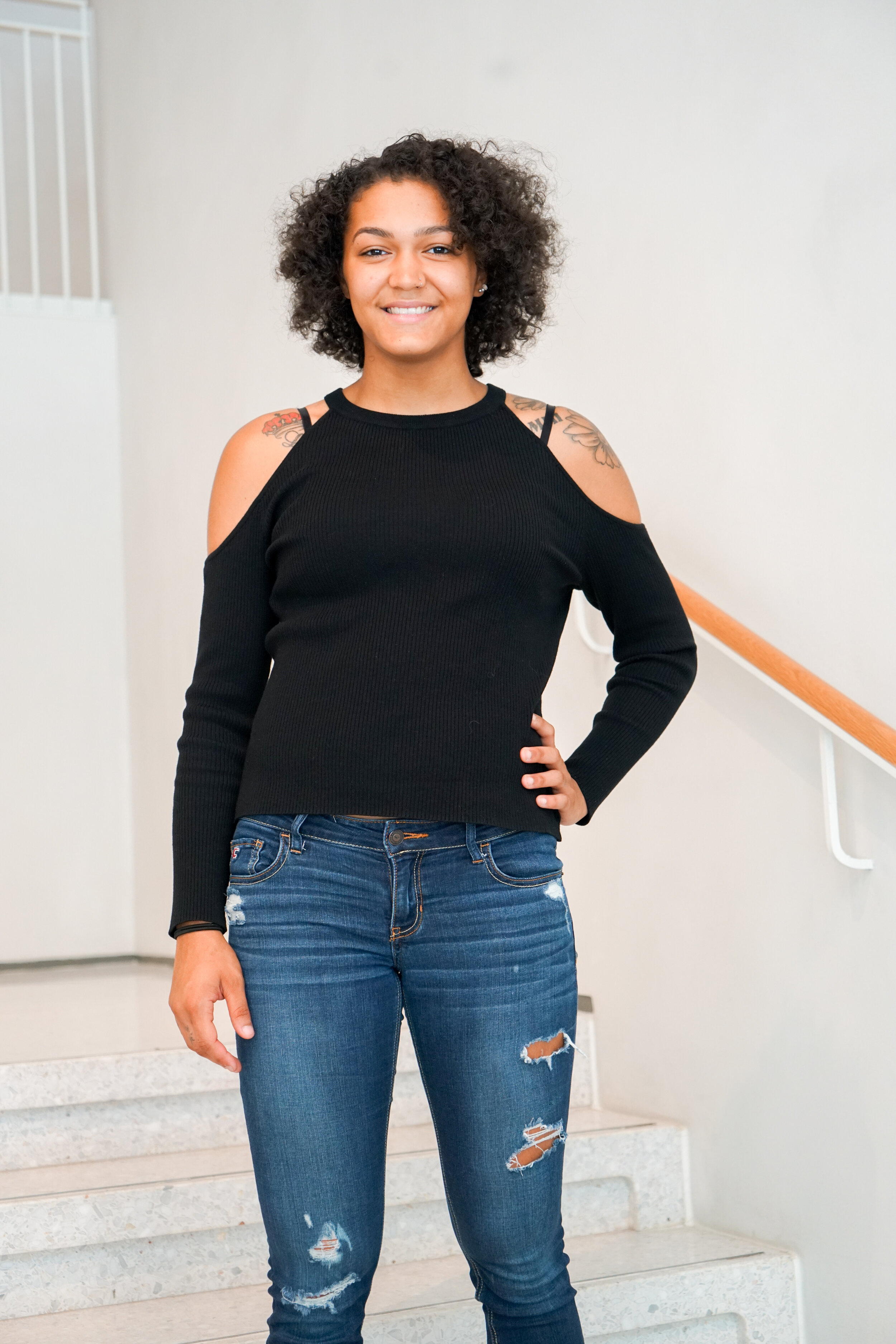
Justice is currently studying Criminal Justice at UNT, and serves as a volunteer at Youth With Faces.
Youth ages 10-17 participating in the programs have a recidivism rate of only 13% which is shockingly a quarter below the Texas juvenile recidivism rate of 50%. When asked to break down the success of the program in keeping youth from becoming repeat offenders Chris points to relationship building. He laments that many of the youth come from complicated backgrounds and have little to no support systems. For many, participation in Youth With Faces is the first time they have a network of support and access to resources. Enrollment in these programs is often their first opportunity to access the tools they need to be successful.
Programming at Youth With Faces is focused on providing opportunities. Chris says, “We have to consider what led to that mistake. Has this young person been a victim of trauma? Are there underlying issues such as mental health challenges, poverty, or unstable living conditions? Each of these young men and women deserves the opportunity to rebound from their situation.” Understanding the issues that contribute to the environment young people come from and return too is integral in helping set them up for success as they start fresh to build their life. Programs focus on building life and leadership skills, job skills training, financial literacy, responsibility, and empathy. Through community partnerships, Youth With Faces offers work readiness, culinary apprenticeships, dog training, reentry support and welding certifications.
One of Youth With Faces more popular programs is the culinary arts program. In its early days, Chris worked with Chad Houser to help establish Café Momentum and employ dozens of Youth With Faces culinary students as interns. Today, through more partnerships with the food & beverage industry, along with professional chefs and CitySquare, participants in the culinary arts programs learn important nutrition and safe food handling skills. They also receive real-world experience working catering events at the juvenile campus or in the community, and then referred to jobs with Youth With Faces partners. The generosity of the food & beverage industry is one of Chris’ favorite parts of doing this work in Dallas. Even with their challenges amidst the pandemic the local industry continues to support students.
Another transformative program Youth With Faces offers is the PREP Dog Training program. Initiated through a partnership with local dog trainers, youth reintegrating into the community are paired with shelter dogs from Oak Hill Animal Rescue needing training. The youth are often in a place of trauma upon entering the justice system and benefit from not only interacting with adorable puppies but beginning to rebuild their sense of worth. Being needed by something, like an innocent dog, helps them learn different types of communication skills and gentle leadership skills. The hardest part for the youth is always letting the dogs go, another lesson in of itself. Dogs trained by youth in this program have a 100% adoption rate.
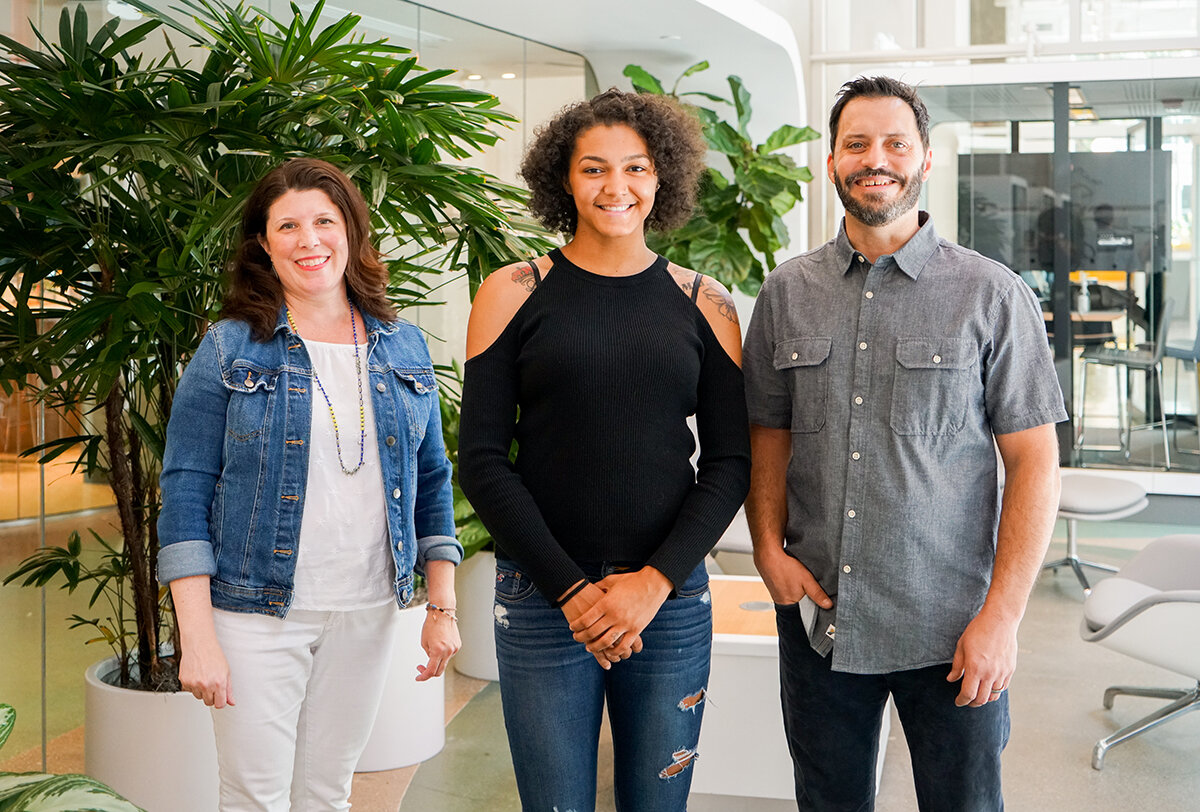
Chris explains that no one factor is the best indicator of success for a young person who is building a new life in the community but feels the reason these programs are successful because of their focus on a holistic approach with building relationships with the youth at the forefront of their efforts.
Since the onset of the pandemic and the complications to program execution, Youth With Faces has been able to mobilize several elements of their programming into an online format. While both Michelle & Chris feel the adaptations are working, Chris is the first to admit “it’s no substitute for building a relationship” with the youth. These young people face unprecedented challenges as access to programming and education are changing daily in the wake of the pandemic. While these are challenging times for all, for adjudicated youth facing reintegration into the community the road ahead is fraught with more complications than usual.
Chris explains, “In 2019, 94% of the youth we served were minorities (49% African American and 45% Hispanic) and about 90% lived in poverty.” Chris relates. “These are not new numbers for our organization, and you’ll see similar statistics across the country. That said, to truly provide the best support to young people returning home from the justice system, Youth With Faces programs have to be a place of equity.” Recent events have refocused many on the Black Lives Matter movement and have increased awareness of systemic injustices people of color face specifically in the justice system. Youth With Faces is proud to continue to work on the front lines of working towards a more equitable system. They have been working hard to address the inequalities that have always existed in North Texas. Many adjudicated youth have faced a lifetime of hardship brought on because of mistakes they made as teenagers but also because of the color of their skin. “We believe there is no better way to fight against racial inequality than to give those who are marginalized a seat at a table. Our team understands that every interaction with students must offer respect, accountability, and belief in their potential.” Both Chris and Michelle have been encouraged at the increased interest in community members to volunteer to be a part of an organization on the front lines in this important effort.
“At Youth With Faces, our goal is to hold youth in the justice system accountable without holding them back but we need our community’s help in giving them a second chance.” Opportunities exist in virtual and in-person volunteer roles, monetary donations. Chris encourages community members to look within their circle of influence and “refuse to give up on a kid who has gotten into trouble and reach out to youth in distressed situations. Commit to mentoring them or giving them a job in a safe, positive environment after school.”
If you’d like to learn more and support Youth With Faces visit their website at youthwithfaces.org.
More Good Stories
Featured
When Kathy and Larry Helm heard about The Senior Source’s 60th Birthday Diamond Dance-Off, they knew they had to put on their dancing shoes! For the Helms, this event combined two of their passions into one. Celebrating and supporting The Senior Source, a Dallas-area nonprofit that has been serving older adults for 60 years, and dancing together, which they have been doing since they were high school sweethearts. Both Kathy and Larry have chaired the board of directors of The Senior Source and have been proud supporters since 1998. It seemed only fitting they should be voted into the finals to dance on stage at Klyde Warren Park this past summer.
In 2020, more than 912,000 women were diagnosed with some form of cancer in the United States alone. During that same pandemic year, countless medical appointments were canceled while people were social distancing, and yet still each day nearly 2,500 women heard the news, “you have cancer.” There is no doubt that these words can be crushing to hear, but what’s equally crushing is the lack of tangible, encouraging support that exists to help women feel beautiful, strong or “normal” before, during and after cancer treatment.
When Tom Landis opened the doors to Howdy Homemade in 2015, he didn’t have a business plan. He had a people plan. And by creating a space where teens and adults with disabilities can find meaningful employment, he is impacting lives throughout our community and challenging business leaders to become more inclusive in their hiring practices.
Have you ever met someone with great energy and just inspired you to be a better you? Nitashia Johnson is a creator who believes by showing the love and beauty in the world it will be contagious and make an impact. She is an encourager and knows what “never give up” means. Nitashia is a multimedia artist who works in photography, video, visual arts and graphic design. Her spirit for art and teaching is abundant and the city of Dallas is fortunate to have her in the community.

